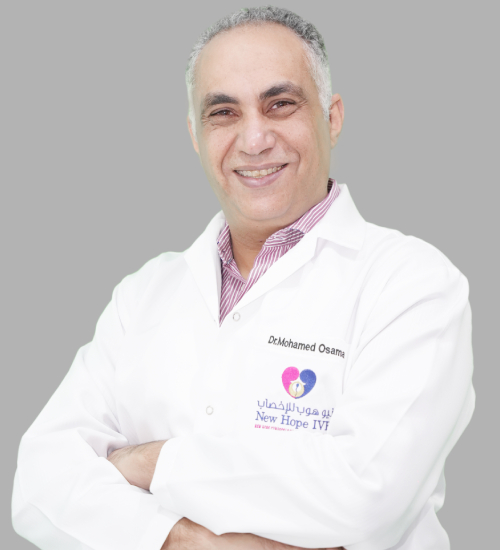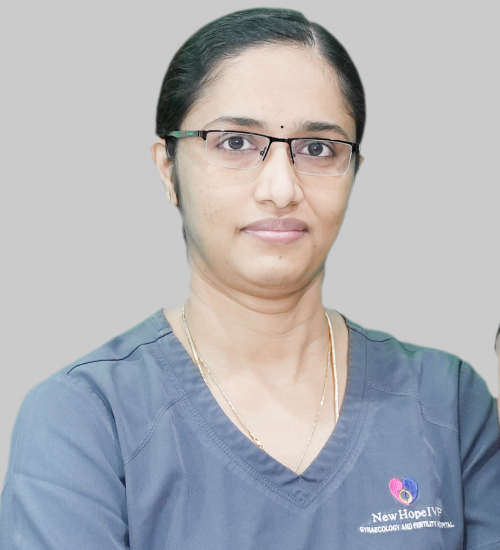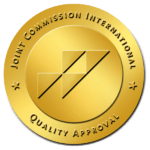WHAT IS PCOS?
Polycystic Ovary Syndrome (PCOS) is a common disorder, affecting 5-10% of women of reproductive age. Women with PCOS have a number of conditions that may include irregular menstrual cycles, an increase in facial and body hair, increased weight, hyperinsulinemia and infertility. Diagnosis is made on the basis of a combination of clinical, laboratory and ultrasound findings.
WHAT RISKS DO WOMEN WITH PCOS HAVE?
Lack of ovulation in women with PCOS results in continuous exposure of their uterine lining (endometrium) to estrogen. This may cause excessive thickening of the uterine lining and abnormal bleeding. The bombardment of estrogen without ovulation may lead to eventual uterine cancer or pre-cancer. Metabolic syndrome along with hyper-insulinemia is more common in obese women with PCOS. This condition is characterized by abdominal obesity, cholesterol abnormalities, Hypertension and Insulin Resistance / Diabetes Mellitus. Each of these increases the risk of Heart Disease. Obesity is noted in over 70% of women with PCOS. Diet and exercise that result in weight loss improve the frequency of ovulation, enhance the ability to get pregnant, lower the risk of Diabetes and lower androgen levels in many women with PCOS. All hyperinsulinemic PCOS patients need long-term Metformin therapy for the above-mentioned beneficial effects.
HOW IS INFERTILITY IN WOMEN WITH PCOS TREATED?
Ovulation may often be induced with Clomiphene Citrate (Clomid), an orally administered fertility medication. In hyperinsulinemic PCOS women, a 1- 3 month pre-treatment with Metformin helps in the ovulation induction process. Gonadotropins (injectable fertility medications) may be used to induce ovulation if Clomid does not result in ovulation or pregnancy. However, gonadotropins are associated with a higher risk of Multiple Pregnancy and/ or overstimulation of the ovaries (Ovarian Hyperstimulation Syndrome). Therefore PCOS patients must be monitored very carefully when gonadotropins are utilized.
HOW IS PCOS DIAGNOSED?
PCOS is diagnosed based on the inability to release an egg from the ovaries on regular (monthly) basis, increased male hormone levels and/or an increase in hair in the midline of the body (hyperandrogenism),and polycystic-appearing ovaries on ultrasound. Because of the variable nature of PCOS, its diagnosis is based upon the combination of clinical, ultrasound and laboratory feature.
Meet Our Doctors
Our team

Dr. Mohamed Osama Taha

Dr. Gomathy Nachimuthu

DR. IBTESAM SHEYA A. SHANEEN AL JABAWY


